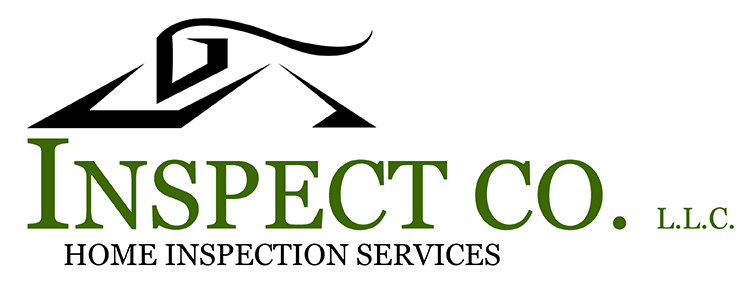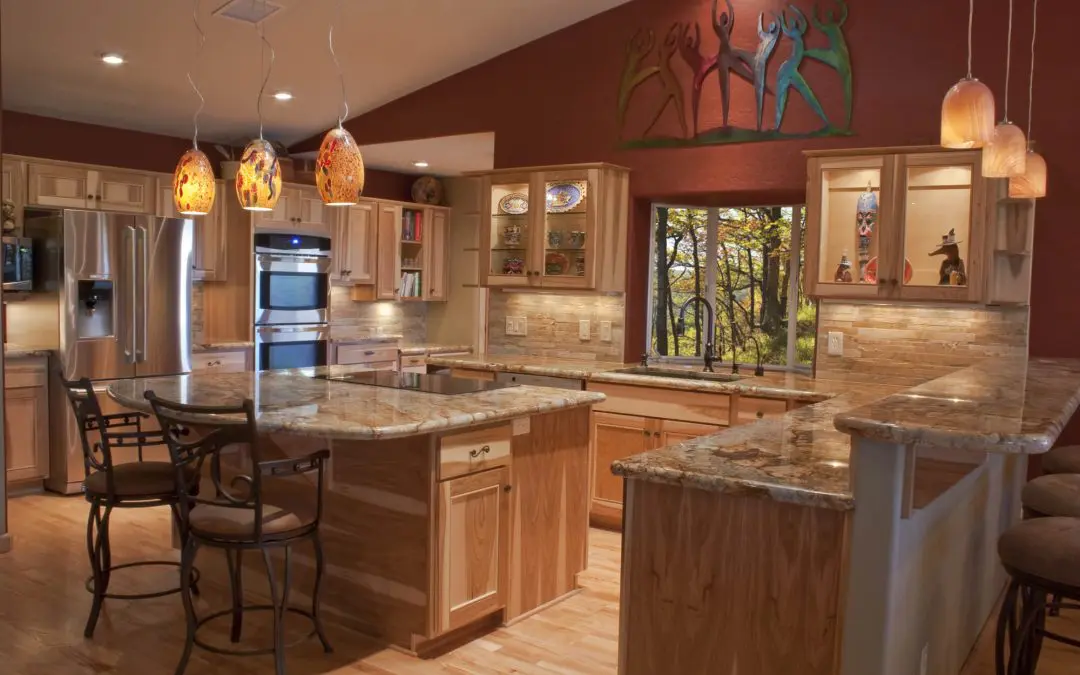If your kitchen sees a lot of action—morning rush, family dinners, holiday baking marathons—you need countertop materials that can keep up. Durability matters, but so does maintenance, style, and cost. Some materials look amazing, but scratch or stain easily. Others can take a beating but might not give you the look you’re going for. The right choice balances function with style, especially in a high-traffic space.
This guide walks through the best countertop materials for kitchens that don’t get a break. Whether you’re remodeling or building new, knowing what works in real-life, heavy-use kitchens will help you make a smarter investment.
Quartz: One of the Most Durable Countertop Materials
Quartz is one of the most popular countertop materials—and for good reason. It’s engineered to handle daily wear and tear. Unlike natural stone, quartz is nonporous, so it won’t absorb spills or harbor bacteria. That makes it a solid choice for anyone who cooks a lot or has kids constantly leaving messes behind.
It resists scratches, heat, and stains better than many other materials. You won’t need to seal it like you do with granite or marble. Plus, the style options are practically endless. Whether you want something sleek and modern or soft and traditional, there’s a quartz design for it.
Granite: Natural Countertop Materials With Proven Strength
Granite has been a kitchen staple for years, and it still holds up as one of the best countertop materials for busy kitchens. It’s a natural stone, so every slab is unique, which gives your kitchen character. It handles heat well, stands up to knife marks, and won’t get damaged from everyday use if it’s properly sealed.
The catch? You do have to stay on top of sealing. Unsealed granite can absorb spills and stain, especially oils or red wine. But if you’re willing to keep up with basic maintenance, granite offers a good mix of beauty and durability.
Solid Surface: Low Maintenance and Easy to Repair
Solid surface countertops (like Corian) are a solid option for homeowners who want a seamless look and easy maintenance. These countertop materials can mimic the appearance of stone without the same upkeep. They’re nonporous, so they resist stains and don’t require sealing. They also come in a wide range of colors and finishes, which gives you some design flexibility.
One thing that makes solid surface materials stand out in a busy kitchen is their repairability. If they do get scratched or nicked, you can usually buff out the damage or have a pro resurface it. That kind of fixability can extend the life of your counters without a full replacement.
Butcher Block: Warm, Functional, and High-Maintenance
Butcher block brings a warm, natural look to a kitchen, and it’s functional for people who cook a lot. You can cut directly on the surface, and over time it develops a worn-in look that many people like. That said, it’s not the most forgiving of countertop materials.
Wood can stain, burn, or warp if not properly cared for. It needs regular oiling and cleaning, and it’s more prone to damage from water or harsh cleaners. In a busy kitchen, butcher block works best in a limited area—like an island or prep station—rather than throughout the entire space.
Laminate: Budget-Friendly and Surprisingly Tough
If you’re working with a tight budget but need something that can still stand up to a busy kitchen, laminate might surprise you. Today’s laminate countertop materials look a lot better than they used to. They come in patterns that mimic stone or wood and can be surprisingly durable.
They’re resistant to most stains and easy to clean, but you’ll need to be careful with heat and sharp objects. You can’t cut directly on them or place a hot pan on the surface. Still, for the price, laminate is a solid option for families who need function first.
Concrete: Custom Look, Industrial Strength
Concrete countertops are growing in popularity with homeowners who want something custom and modern. They’re incredibly strong and can be made to fit any space. With the right sealer, concrete can resist heat, stains, and scratches. You can also tint or texture it to match your style.
But concrete requires sealing and may develop hairline cracks over time. It also tends to be heavy, which might require extra support under the cabinets. It’s not the easiest material to install, but if you’re after an industrial or custom look, it might be worth the tradeoffs.
FAQs on Countertop Materials
Which countertop material is the most low-maintenance?
Quartz is the easiest to live with. It doesn’t need sealing, resists stains and scratches, and handles everyday messes without fuss.
Can you put hot pans on all countertop materials?
Not all of them. Granite and concrete can handle heat fairly well. Quartz and laminate can get damaged if hot pots are placed directly on the surface. Use trivets just to be safe.
What’s the best countertop material for families with kids?
Quartz is a top pick for families because of its stain resistance and durability. Laminate is a close second for those on a budget.
Do any materials need regular sealing?
Yes. Granite, concrete, and butcher block all need regular sealing or oiling to protect them from stains, water, and wear.
Is it worth spending more on countertops in a busy kitchen?
Absolutely. High-use kitchens need surfaces that won’t fall apart after a few years. Investing in the right material now can save you money and hassle down the road.
Inspect Co. LLC offers home inspections in North and South Carolina. Contact us to request our services.

